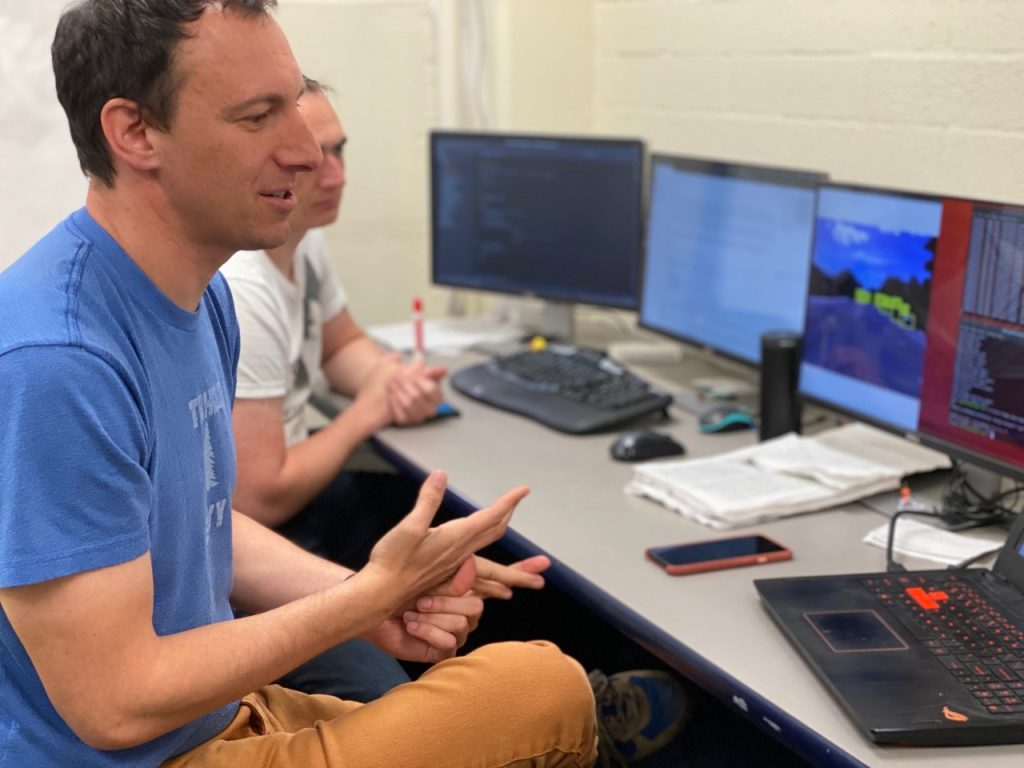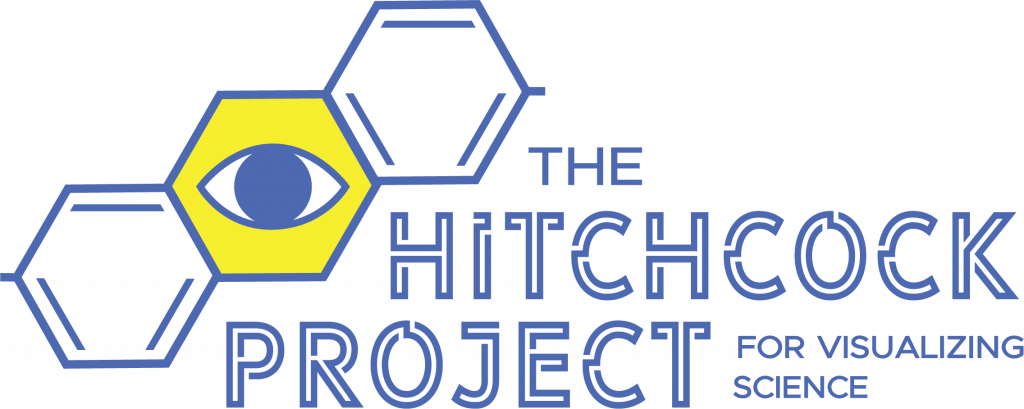
The idea of creating a machine that could understand speech is older than computers. The earliest known device for recording sound was invented back in the mid-19th century. Voice assistant technologies of today, like Siri and Alexa owe their roots to the development of speech recognition software for accessibility.
Software has become pretty good at picking up on spoken words. But language is far more than just a string of words.
Researchers Gaetano Evangelista and Cayler Miley, graduate students of computer science at the University of Nevada, Reno (UNR), are trying to teach machines how to detect sarcasm in written text.
Most people recognize sarcasm from a speaker’s tone of voice and a reply that defies logic often by employing contradiction. But not all humans have the ability to spot the nuances involved in sarcastic expressions, making transferring that human ability to machines even more difficult.
Progress they make could push the current state of voice-assistant technologies to help people with autism adapt more easily to social situations.

Translating for people with autism
That’s one part of the work being done at the University of Nevada, Reno. Dr. Emily Hand, Assistant Professor and Director of the Machine Perception Lab at UNR, has a long-term goal of building wearable technology that will help blind people and those on the autism spectrum improve their social interactions.
“I’m interested in what we’re not working on,” Hand said. “The quality of life for those people. They have no help talking to new people, meeting new people. No one is doing that and that is a huge part of life.”
Dr. Hand was inspired by her own contact with a man on the spectrum who was very dependent on his caregiver to help him interpret the nonverbal clues of social situations. She believes that not enough work is being done in the social realm of accessibility studies as a whole.
Teaching a computer sarcasm
To teach a machine how to detect sarcasm, Evangelista and Miley first had to review data sets put together by a team at Princeton University. These data sets were derived from the social network Reddit and contained over a million statements and responses–each statement had a set of responses that Reddit users self-labeled as either sarcastic or not sarcastic.
Once reviewed, Evangelista and Miley then essentially feed these data sets to the computer so it can start learning which kinds of statements are sarcastic and which are not, based on the examples provided in the data sets.
As they combed through the samples, they noticed that they sometimes disagreed with what Reddit users labeled as sarcastic or not sarcastic.
“Has your credit card number been stolen on the Internet?” Evangelista reads. “First response, which they say is sarcastic says ‘Sweet! Can I check all my credit cards with this?’ Then the second one is ‘This scam is so old the last time I entered my credit card number into it, they used my information to buy a triceratops.’”
Miley and Evangelista both exclaimed that the second response in that example was even more sarcastic than the first one, even though Reddit users labeled it not sarcastic, which further underlines the difficulties and limitations of this project.
Even with everything that has been achieved in other areas of artificial intelligence, researchers have barely scratched the surface.
Dr. Hand admits there’s still a long way to go before getting close to the kind of technology she hopes to achieve. She, however, maintains hope–not in computers, but in the power of humans themselves.
“I don’t put computers above people because I’m so impressed by what people can do.” Dr. Hand said. “Computers are just doing what I tell them to do. It seems like they’re doing these crazy impressive things and they are — but they’re only doing it because we told them to do it.”





